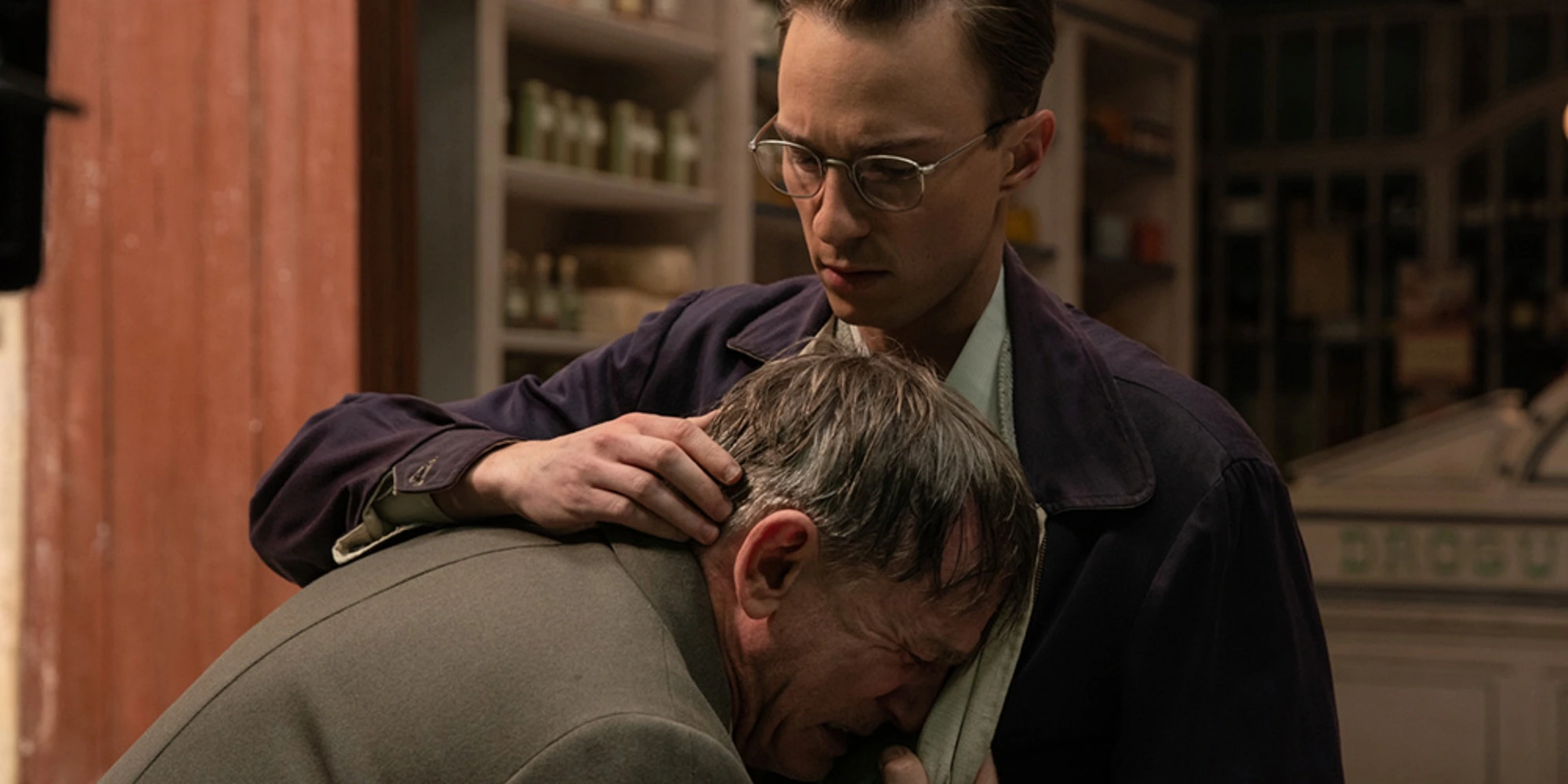Film Review: Queer
Film
Queer
Director: Luca Guadagnino
Freemantle, The Apartment Pictures, Frenesy Film Company
In Theaters: 12.13
If you’re going to truly make an impact as a director, a distinctive vision and a consistent track record are key. Luca Guadagnino is hardly lacking in style and vision, and for me, his track record has been quite reliable, displaying an incredible knack for making sure that each film he makes is better than the one that follows it. Queer is testament to this pattern.
Set in 1950s Mexico City, Queer follows William Lee (Daniel Craig, No Time To Die, Knives Out), a middle-aged American expatriate navigating a haze of loneliness, addiction and sexual longing. A writer in name only, Lee spends his days in rumpled linen suits drinking tequila, cruising for one-night stands and gossiping with a small circle of similarly jaded expats. Beneath his rugged façade lies a deeply haunted man, yearning for intimacy but trapped in a cycle of fleeting pleasures and self-destruction. Lee’s aimless existence is upended by Eugene Allerton (Drew Starkey, Love, Simon, The Hate You Give), a younger, enigmatic former soldier whose suaveness and quiet authority stir something in Lee. What begins as an infatuation quickly becomes an obsession as Lee latches onto Allerton, seeing in him both the romantic ideal he craves and a cruelly indifferent tormentor. Their relationship veers between companionship and manipulation, with Lee pushing the boundaries of their connection—emotionally, sexually and even spiritually. As Lee’s pursuit of Eugene intensifies, so does his dependence on heroin, and when Lee hears stories of a mysterious drug that allows the user to communicate telepathically, he sets off to South America with Eugene in tow.
Queer is adapted from the novella by William S. Burroughs, and the character of Lee is a semi-autobiographical alter ego. Guadagnino and screenwriter Justin Kuritzkes (Challengers) have considerably padded out the flimsy novella to slightly above feature length, and this choice is why the film missed the mark for me. Divided into three parts and an epilogue, what could have been quite a very good 90-minute character study about love, longing and loneliness becomes a melancholic, meandering and mauldin mess at 137 minutes. The atmospheric first act plays quite well, and nicely introduces the audience to the character, his lifestyle and his growing discontent. The introduction of Eugene and of Lee’s infatuation employs a bit of Guadagnino’s most tedious stylistic signature—an over reliance on cool shots of people walking in slow motion—though it’s not nearly as overused as it was in Challengers. Where that film was Guadagnino at his most commercially accessible, Queer is an unapologetic (and often self-indulgent) arthouse film with an international superstar thrown in to add a modicum of broader appeal and to put in on the Oscar radar with the very worn out and unwelcome gimmick of casting a straight actor known for a macho persona in the role of a gay man (Sean Penn would be proud). The second act, as Lee and Eugene begin their romance and Lee’s addiction starts to get out of control, is rather long, and the pacing tested my patience at times, but it works well enough. It’s the seeming endless third act in South America where the film really lost me, and it feels like Guadagnino is deliberately trying to add to the length just because he can. A tacked on allusion to Burroughs’ real life murder of his common law wife, Joan Vollmer, feels rather forced and unnecessary.
Craig is superb as Lee, and gimmick casting or no, he plays it to the hilt, and it’s a master class in being so in tune with a character that you don’t need an interior monologue to covey every thought to they audience. The character is, at times, hard to like while simultaneously sympathetic for the very same reason: he doesn’t like himself at all. Lee’s quiet desperation and longing for meaningful connection are as heartbreaking as his self-destructive nature is maddening. Starkey makes for pretty eye candy, and it’s an effective piece of casting, but I never felt connected to the performance or the character. Jason Schwartzman (Rushmore, Between The Temples) is entertaining, if rather stereotypical, as the comic relief character, Joe Guidry, a flamboyant, hedonistic fellow American who is right at the center of the gay culture in Mexico City.
Queer will certainly have an audience with Guadagnino’s devotees, and with those who seek out gay cinema, there’s a lot to admire about the film. It was simply too aimless and bloated for my taste. I’m not sure what it says about me that, while I consider Call Me By Your Name to be by far his best film, the cannibal romance Bones and All may be the Guadagnino film that I struggled least to connect with. This one just feels a bit too much like a smug, Oscar bait vanity project to earn my recommendation. –Patrick Gibbs
Read more film reviews here:
Film Review: Lord of the Rings: The War of Rohirrim
Film Review: The Return
